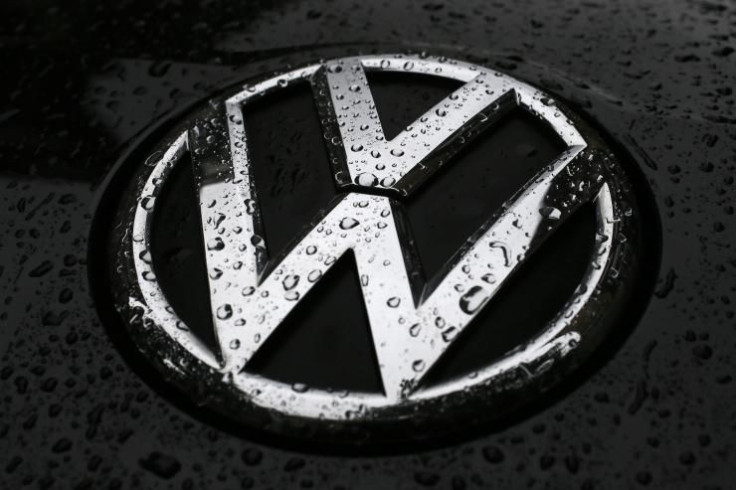Volkswagen Emissions Scandal: False CO2 Levels Affect Fewer Vehicles Than Previously Thought, Company Says; Shares Rise

Volkswagen said Wednesday that irregularities in carbon-dioxide emission levels affect far fewer vehicles in Europe than originally thought. The German automaker said it made the announcement after extensive internal investigations and measurement checks.
Volkswagen initially estimated that as many as 800,000 vehicles, mostly in Europe, emit harmful gases at levels higher than previously known. The company and German authorities found slight deviations in nine model variants of the Volkswagen brand with an annual production of about 36,000 cars, according to the statement. Volkswagen said it had presented its latest findings to the government and the Federal Motor Transport Authority (KBA).
“This means that these vehicles can be marketed and sold without any limitations,” Volkswagen said, after its internal probe. “The suspicion that the fuel consumption figures of current production vehicles had been unlawfully changed was not confirmed.”
The nine model variants “will be remeasured by a neutral technical service under the supervision of the appropriate authority by Christmas,” Volkswagen said, in the statement, adding that the company no longer faces potential damages of as much as 2 billion euros ($2.2 billion) due to CO2 emissions irregularities.
“Whether we will have a minor economic impact, depends on the results of the remeasurement exercise,” the company added.
Volkswagen previously announced that it had set aside 6.5 billion euros ($7.3 billion) to cover costs related to the emissions scandal that came to light in September after scientists at a University of West Virginia laboratory tested several of the company's diesel vehicles and found their carbon emissions were as much as 40 times the legal limit in the U.S. Volkswagen admitted that it was able to cheat on emissions tests by employing a type of software, a so-called defeat device, that indicated the vehicles' emissions as far lower than they actually were.
In November, Volkswagen revealed that an internal probe found "inconsistencies" on carbon emissions as well, affecting not only diesel engines but also petrol engines. The company said that the 1.4, 1.6 and 2.0-liter motors of Volkswagen, Skoda, Audi and Seat vehicles were affected, and that these cars had been found to be releasing more CO2 than previous tests had shown.
Volkswagen shares rose as much as nearly 6 percent in Frankfurt Wednesday, after the announcement.
© Copyright IBTimes 2024. All rights reserved.




















